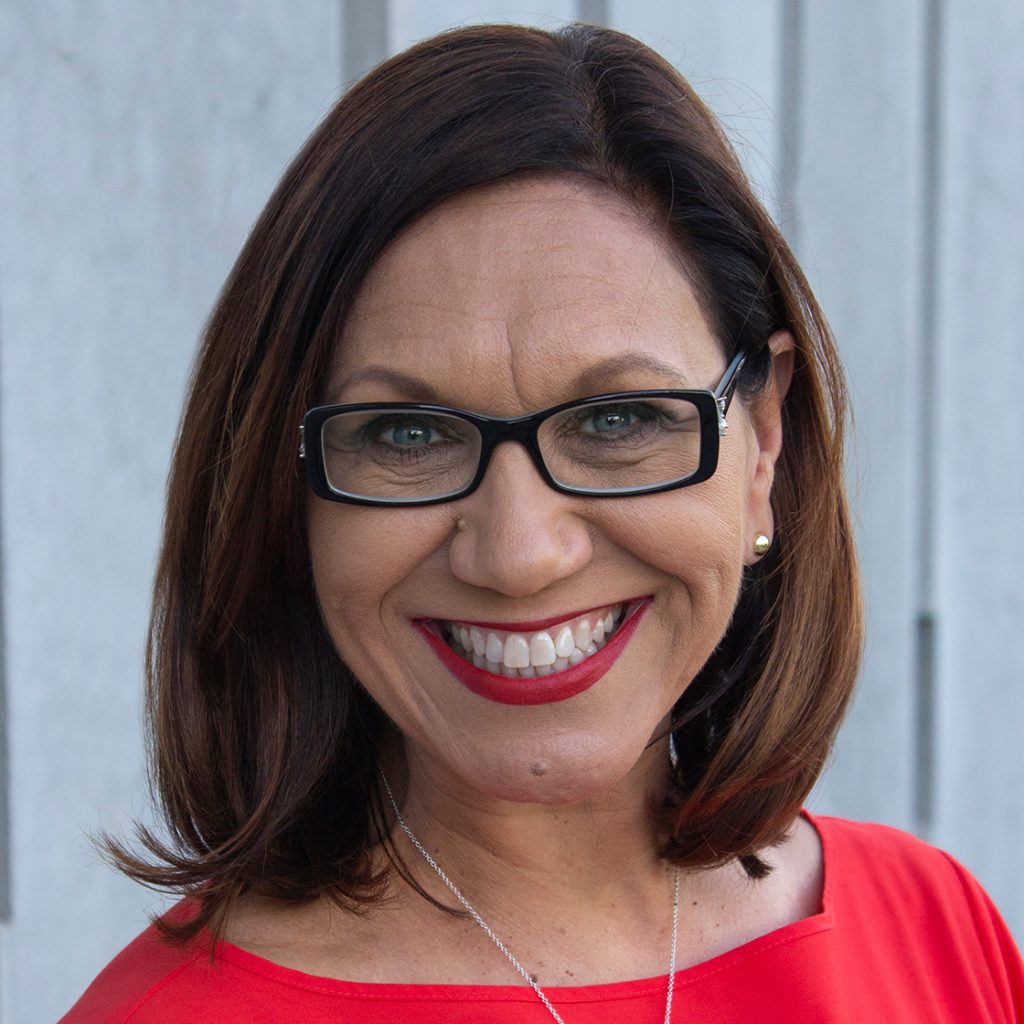Anita Heiss on Indigenous Literacy Day and the value of self-representation
September 9, 2020
The Indigenous Literacy Foundation (ILF) made a splash with its virtual Indigenous Literacy Day celebration, racking up more than 18,000 views since its live premiere.
Each year on 2 September, Australians fundraise and advocate for remote communities to have equal access to literacy resources. Many remote families own fewer than five books, and live nine hours from the nearest public library. The ILF works with publishers to supply them with culturally-appropriate titles, and by the end of 2019 they had gifted more than 440,000 books to more than 380 communities.
Prolific author, Wiradjuri woman and Copyright Agency member Dr Anita Heiss has been an ILF ambassador since its inception. “Without doubt, Indigenous Literacy Day is my favourite day of the year,” she says. “I feel privileged to be part of an organisation that works so collaboratively with communities to deliver the outcomes needed to build equality for First Australians.”
This year’s virtual celebration was a joyful event featuring stories from the Tiwi Islands (NT), Jilkminggan (NT) and Bidyadanga (WA) communities, plus a heartfelt performance by ILF ambassador and singer-songwriter Jessica Mauboy.
“COVID may have cancelled our main fundraising activities – Great Book Swaps – but it did not cancel the passion and enthusiasm of tens of thousands of people participating in Indigenous Literacy Day 2020,” Anita says.

“To see so many logging on to the YouTube premiere event, and to see photos of classrooms around the country with kids focused on their screens while holding books… well, it just went to show that our message – that Indigenous languages and literacy matter – is shared by people across the nation. My heart exploded so many times during that 45-minute event, especially seeing the Elders and kids we work with in communities.”
Left: Dr Anita Heiss. Photo by Helen Kassila.
Part of the ILF’s work with remote communities involves the production and publication of books written by and for Indigenous Australians. To date it has published 92 titles in 19 languages, with 57 of these being written in an Indigenous language.
“For Aboriginal people, self-representation in literature is empowering and essential,” Anita explains. “Those living in remote communities get to control the narrative around their lives, their homelands, their dreams and their aspirations. Self-representation contributes to self-esteem for the authors, as well as better understanding for non-Indigenous readers.”
The ILF has been a force for good this past decade, but overall Australia is still far from achieving true equity of opportunity for Aboriginal and Torres Strait Islander people. The latest Closing the Gap Report noted that in 2018 one in four Indigenous children in Years 5, 7 and 9, and one in five in Year 3, remained below national minimum reading standards. Furthermore, the target to halve the gap in Indigenous children’s reading, writing and numeracy standards by 2018 was not met.
“If we were more committed as a nation,” Anita observes, “we wouldn’t be failing the measurables set, and the ILF wouldn’t be fundraising to get books into communities ten years after it was set up.”
Indigenous Literacy Day may be over for 2020, but the ILF’s work continues year-round. There are plenty of ways to support them, including volunteering or making a one-off or regular donation. And if you missed it on the day, the virtual celebration is available to re-watch on YouTube.

